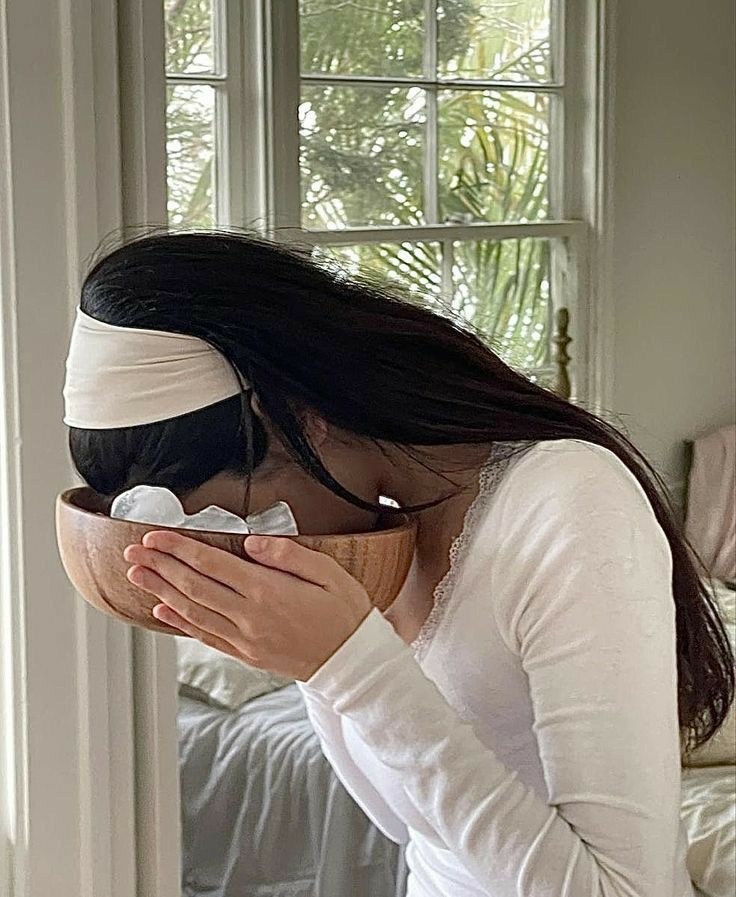In this era dominated by Instagram influencers and wellness gurus, the whole idea of self-care has morphed into an all-pervasive buzzword. Our feeds overflow with idyllic depictions of people basking in spa indulgence, relishing green elixirs, and striking yoga poses on immaculate shores. It’s as if self-care, as paraded in these carefully curated posts, is the undisputed key to ultimate well-being and bliss. Yet, when you peel back the polished exterior, a fierce debate rages on: Is this fixation on self-care a genuine quest for wellness, or is it an unapologetic exploitation of our vulnerabilities and anxieties by clever marketing?
Genuine self-care is fundamentally essential for maintaining both physical and mental wellness. It includes a broad range of practises and activities aimed at nourishing the body and mind, successfully reducing stress, and promoting equilibrium. These actions are all acceptable examples of self-care, whether it’s taking a relaxing bubble bath, immersing oneself in meditation, or having the strength to turn down extra responsibilities. Self-care is fundamentally about identifying one’s own needs and consciously making time to meet them.

However, a conundrum arises when self-care is commodified, repackaged, and promoted as a growing enterprise. It’s no longer only about finding time for self-preservation; there is now a strong pressure to buy the newest things and fervently follow current trends, all in the name of self-improvement. With wellness firms raking in billions of dollars, the self-care industry, a monster in and of itself, commands unfathomable sums of money. As seen by the extravagance of high-end spas and fitness retreats that frequently overshadow the true nature of self-care, a sizeable portion of the self-care market in this environment appears to prioritise profit margins over the quest of authentic well-being.
The irony of the self-care craze is inescapable, as it has evolved into a paradoxical source of anxiety for many. The very pursuit of self-care, under the contemporary lens, can paradoxically contribute to heightened stress and a nagging sense of inadequacy. Social media platforms relentlessly perpetuate unattainable standards of self-care, coercing people into believing they’re falling short in their quest for self-improvement if they don’t readily adopt the latest trends or splurge on the most recent wellness merchandise.
Unfortunately, the obsession with self-care has also given rise to a phenomenon that some have accurately dubbed “toxic positivity.” It can become an insurmountable strain to pursue a constant state of contentment, relaxation, and inner serenity. Insinuating that any hint of unease or unease is nothing less than a personal failure, it encourages people to repress real feelings rather than face and deal with them. In its most basic form, true self-care should allow for self-compassion and an open acceptance of one’s flaws.

As the self-care industry flourishes on our never-ending desire of self-improvement, it’s critical to remember that many self-care practises are not only accessible but also affordable. The practise of meditation, the ease of deep breathing exercises, or the pure enjoyment of a nature walk can all be had for little to no money. Regrettably, these budget-friendly solutions frequently get overshadowed by pricey wellness vacations or luxurious spa services. In actuality, true self-care should never be dependent on financial resources.
The line between self-care and self-indulgence must also be clearly drawn; however, the obsession with self-care has a tendency to obscure this line. The act of engaging in retail therapy, giving in to an excessive amount of comfort eating, or falling into the black hole of constant social media scrolling can unintentionally develop into escapist routines instead of appropriate self-care practises. It’s quite simple to overlook what actually supports our well-being at a time where ease and consumption are celebrated.
The self-care craze is a paradoxical mystery, promising both a perilous entanglement with the appeal of the self-care industry and a promise of genuine healing. The line between sincere self-care and the blatant consumerism it frequently fosters is dangerously thin, necessitating not only prudence but also profound self-awareness.
To truly recapture the soul of self-care, we must emancipate it from the clutches of consumerist pressures and the ever-watchful eye of social media. We must engrave in our consciousness that self-care is a sanctuary for self-preservation, rather than an unattainable quest for self-improvement or perfection. Authentic self-care transcends the carefully curated moments paraded on Instagram; it’s a daily ritual, an act of self-compassion that thrives independently of the commercial machine. It stands as our most formidable instrument for nurturing comprehensive well-being.
Sources
- ttps://hbr.org/2018/08/how-self-care-became-so-much-work
- https://www.npr.org/2017/06/04/531051473/the-millennial-obsession-with-self-care
- https://medium.com/out-of-sorts/toxic-self-care-its-benefitting-capitalism-not-you-5f61d01639de
- https://www.linkedin.com/pulse/ais-shadow-dawn-dystopia-democracy-dictatorship-2030-%C3%A4ngeslev%C3%A4?utm_source=share&utm_medium=member_ios&utm_campaign=share_via




